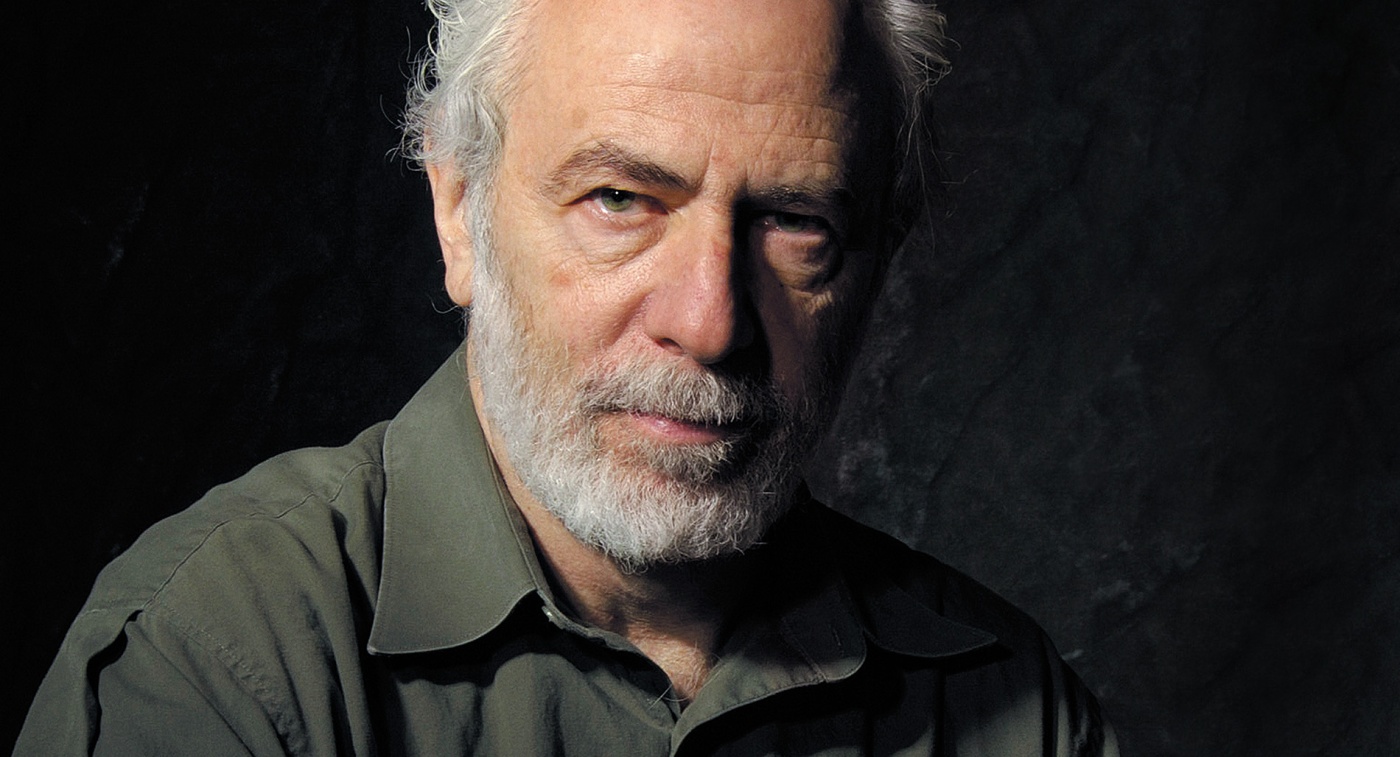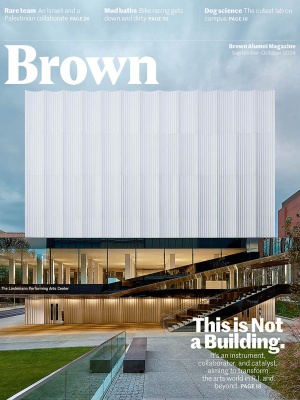The renowned historian Richard Slotkin ’67 PhD had been thinking for a while about a book that would tie together a lifetime of his acclaimed work on the power of myths—from the United States as a frontier nation to the Lost Cause of the Confederacy to World War II as “the Good War”—in American culture and politics.
But that project took on a new focus and urgency on the August weekend in 2017 when images flashed across Slotkin’s TV screen from a right-wing extremist march in and around Charlottesville, Virginia, as a Unite the Right movement carried tiki torches and chanted antisemitic slogans, the day before a clash that killed a counter-protester. He says it was a dramatic confirmation that competing and irreconcilable myths about America’s past and its purpose were ripping the nation in two.
“I looked at the banners they were carrying and I looked at the rhetoric and their obsession with the Civil War,” says Slotkin of the protest, with its plea to keep a statue of Confederate hero Robert E. Lee located in the home city of the University of Virginia. The historian’s belief that the 150-year-old myths of the defeated South were powering Donald Trump’s MAGA political movement was crystalized during the U.S. Capitol insurrection of Jan. 6, 2021—a modern-day Lost Cause when “the symbols on that day were from the myth.”
Credit Slotkin for an exquisite sense of timing. His resulting book—A Great Disorder: National Myth and the Battle for America—was published this spring by Belknap Press just as the battle is coming to a head in the 2024 presidential election.
A Great Disorder seeks to answer the question that has dogged political scientists and pundits over the last, turbulent decade: Why is America so divided, seemingly on the brink of another Civil War? What makes Slotkin’s book both different and refreshing is its reliance on the groundbreaking theories around national myths he developed at Wesleyan University, where he is the Olin Professor of English and American Studies, emeritus. Two of Slotkin’s past books about the persistence of the frontier myth—Regeneration Through Violence and Gunfighter Nation—were finalists for the National Book Award.
It was during Slotkin’s three-plus years on the Brown campus in the mid-1960s that he watched the modern-day cleaving of America begin and started to develop his theories around myths, seeing how the rationales for the Vietnam War echoed the justifications for colonists attacking Native Americans in King Philip’s War in the 1670s. He said the callbacks from political and cultural conservatives to the Lost Cause, frontier expansion, and myths about America’s 18th-century founders jelled in the 1990s with the Second Amendment absolutism of the gun rights movement.
So can America be saved? Slotkin concedes the beliefs of the far right are difficult to reconcile with liberals whose fight for expanding rights for left-out groups like racial minorities, women, and the LGBTQ+ community has only deepened since the 1960s. But at age 81, he has not abandoned hope. Depending on the results of the presidential election, Slotkin says grassroots resistance could “provide energy and offer a sense of hope and purpose,” creating a new American narrative yet again.






